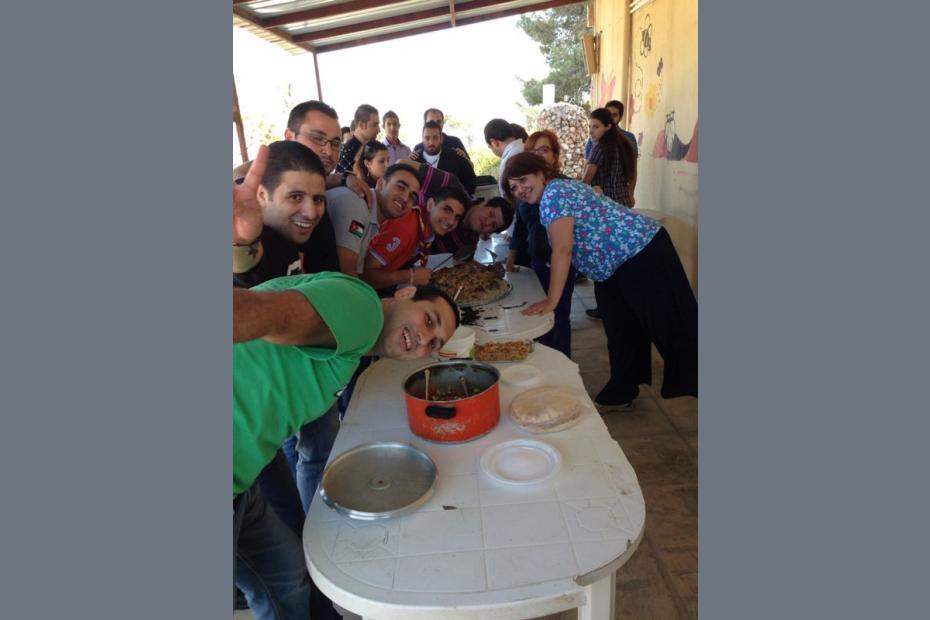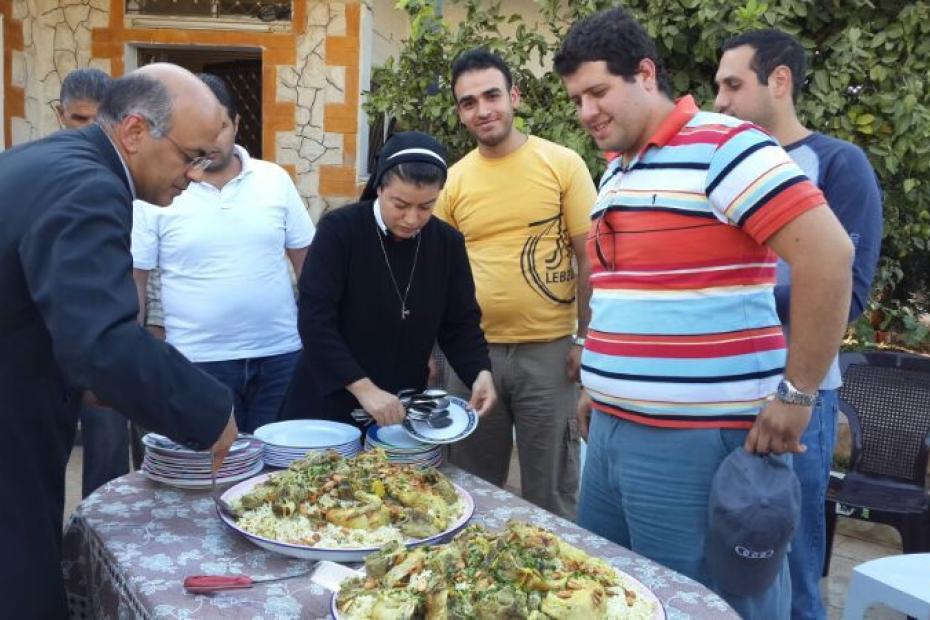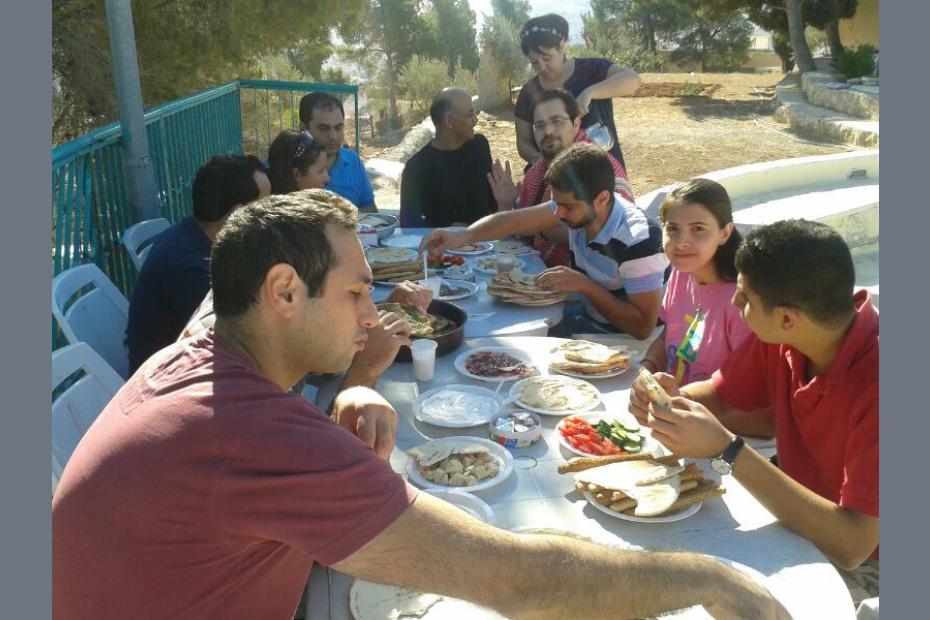Fasting and abstinence play important seasonal roles in the life of the Melkite Church, in the “Great Fast,” or Lent, before Easter; and in three other fasts — the weeks leading up to Christmas; the first two weeks of August before the Feast of the Theotokos; and at the Fast of the Apostles, which falls after the Feast of Ascension. Fasting and abstinence seem to be observed to different degrees by individual Melkites and on different places, but more research needs to be done to make those patterns clearer. In general, the requirements have been relaxed in recent years.1 Fasting has a greater cultural currency in settings where Melkites worship among large numbers of Muslims who observe fasting rules for Ramadan, compared to places where fasting makes less sense culturally.
Fasting entails not eating any solid food before noon on a given day, and then only one meal thereafter on that day. During the appropriate seasons, fasting is a Monday to Friday discipline, though it is also the rule for Holy Saturday. Interestingly, during Lent, the fast includes a fast from the Divine Liturgy on weekdays.
Abstinence entails the avoidance of meats, fish, dairy products, eggs, olive oil and alcohol, though not all of these foods every day. The rules are seen as a way of refocusing attention and/or preparing oneself for a holy day. Abstinence makes the joy of eating greater at the holy day that follows.
Eating, and not just abstinence, also plays a role in the life of the church community. Almost all the parish events celebrated among Melkite Catholics in Jordan included some kind of communal meal. Melkites there seemed to care more about who ate together than what particular foods they ate during a feast. Catholics did say that lamb is popular as an Easter food, but otherwise they seldom mentioned specific foods tied to feasts. Judging by pictures that people shared from those events, the food shared together was often the highlight of the day.
- 1A summary of the rules and rationale for fasting as applied in the United States is at https://melkite.org/faith/faith-worship/holy-week-traditions.




